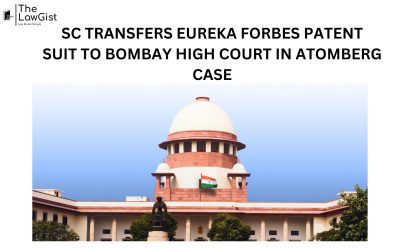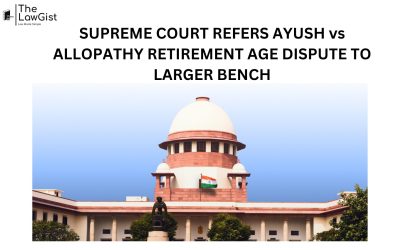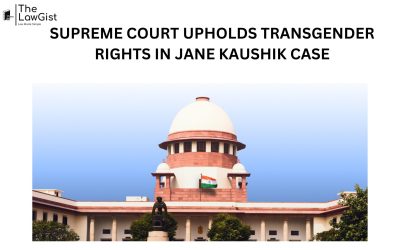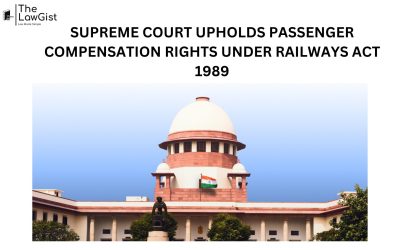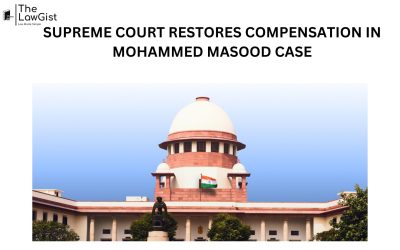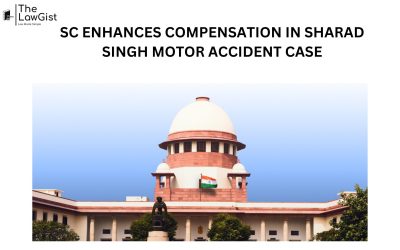
Supreme Court affirms Tribunal’s disbursal order in Urmila Chand vs Sonu Chand (2025).
SUPREME COURT UPHOLDS COMPENSATION DISTRIBUTION IN URMILA CHAND vs SONU CHAND CASE
CASE SUMMARY – The Supreme Court in Urmila Chand vs. Sonu Chand & Others dismissed an appeal challenging compensation disbursement in a motor accident claim. The Tribunal had awarded ₹11.82 lakh, distributing ₹1 lakh to the deceased’s mother (appellant), ₹6.26 lakh to the daughter-in-law, and ₹3 lakh each to minor children. The appellant later sought review, alleging unfair apportionment and delay due to illness, but failed to provide evidence. Both Tribunal and High Court rejected her plea. The Supreme Court held she had knowingly accepted the cheque and could not reprobate later. The appeal was dismissed, affirming finality of disbursement.
| ASPECTS | DETAILS |
| Case Title | Urmila Chand vs. Sonu Chand & Others |
| Introduction | The appeal challenged Gauhati High Court’s order (22 Jan 2021) that dismissed a Civil Revision Petition, confirming the Tribunal’s rejection of a delayed review plea. |
| Factual Background | The case arose from the death of Priyank Chand in a 2009 road accident. Tribunal awarded ₹11,82,000 as compensation. Disbursal order (2015) allotted ₹1 lakh to appellant (mother), ₹6.26 lakh to daughter-in-law, and ₹3 lakh each to minor children. Appellant later contested disbursement. |
| Legal Issues | Whether the Tribunal and High Court erred in rejecting the appellant’s review petition citing delay, and whether compensation distribution was unfair. |
| Applicable Law |
|
| Analysis | Court held appellant had voluntarily accepted ₹1 lakh, signed the order sheet, and encashed the cheque. Her subsequent challenge was deemed afterthought. Delay was not satisfactorily explained. |
| Conclusion | Appeal dismissed. No error in High Court or Tribunal’s order; appellant estopped from disputing her own conduct. |
| Current Scenario | As on 3rd September 2025, Supreme Court confirmed dismissal of the appeal; compensation distribution stands final. |
“A litigant cannot approbate and reprobate; voluntary acceptance bars later disputes.”
SOURCE – SUPREME COURT OF INDIA
READ ALSO – Principles of succession law (Class I heirs)
Discover powerful Latin Maxims and Legal Glossary and simplify complex legal terms in seconds.The LawGist ensures exam success with quality Blogs and Articles — Top Legal Picks (TLP), Current Affairs, Recent Supreme Court Judgments, and Step into the world of justice with Courtroom Chronicles. Backed by trusted resources and videos, The LawGist is every Professionals and Aspirant’s first choice. Discover more at thelawgist.org.


